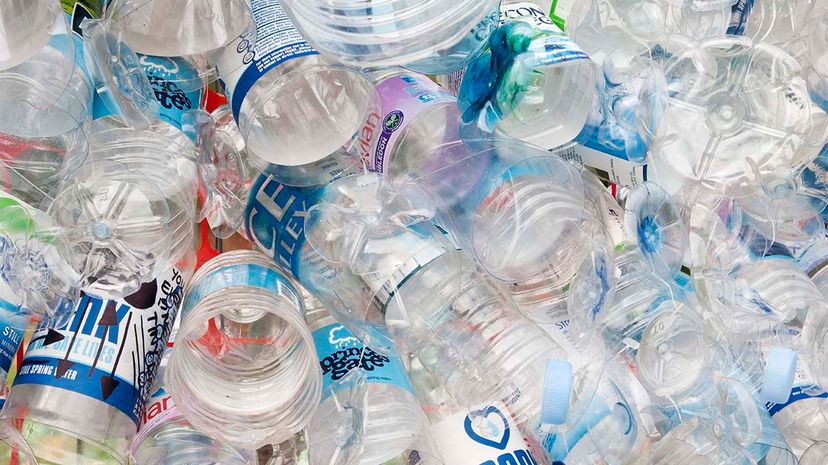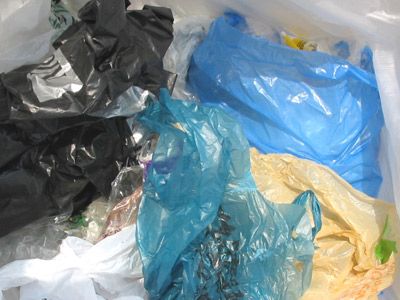
It's easy to walk out of the house and forget your canvas grocery bags when you head to the grocery store, and when you're thirsty, that plastic bottled water sure does look inviting. Furthermore, we all understand what it's like to order food in a rush and scarf it down with a plastic fork that came in a small plastic bag with a plastic knife you'll never use. Also, there's something so satisfying about drinking out of a straw, is there not?
All this may be true, but in February 2018, a young male sperm whale washed up dead off the coast of Spain. The necropsy report released in April revealed the cause of death was a belly full of plastic — dozens of plastic bags, netting, rope and even a large plastic water container. The animal was young but still woefully underweight. Investigators say the probable cause of death was a clogged digestive system, exacerbated by a severe infection brought on by over 60 pounds (29 kilograms) of plastic in his digestive system.
Advertisement
This isn't the first time this has happened, and it certainly won't be the last. Research suggests 8.3 million metric tons (9.15 million tons) of virgin plastic has been manufactured to date, and 79 percent of that is now sitting in landfills or loose in the natural environment — much of it in the world's oceans. Much of that has been broken down to around the size of a grain of rice, which is a size that reads "snack" to a lot of marine life.
Right now it's looking like plastic might be humankind's most lasting legacy on this planet. So, what do we do about it? For starters, we can all stop using so much plastic — especially the stuff you only use once. Here are 10 ways to do that:
Advertisement


